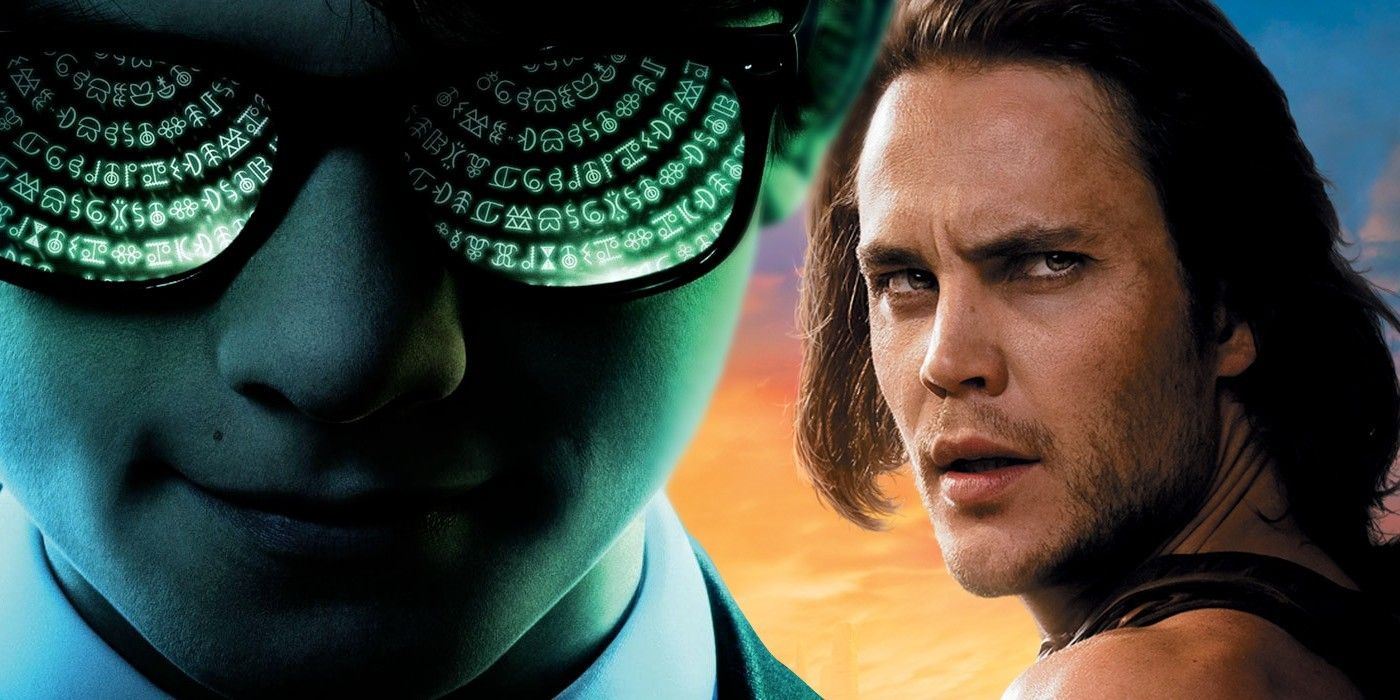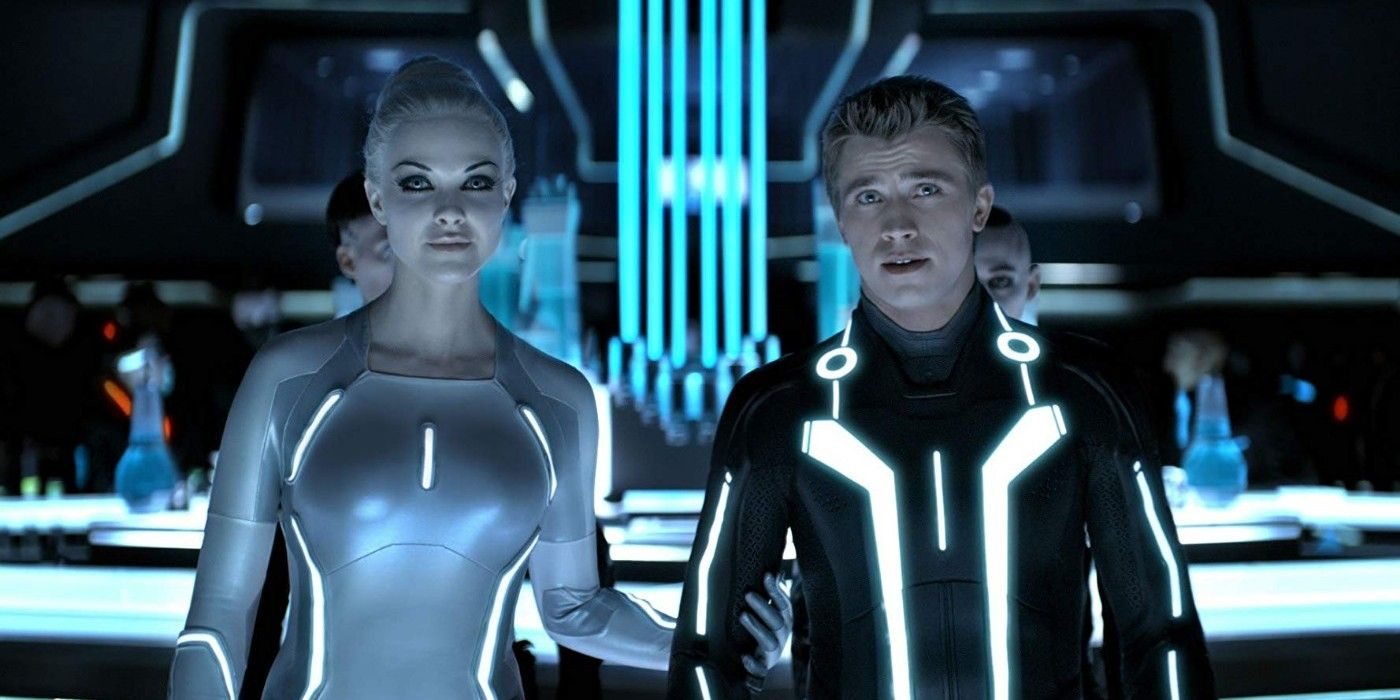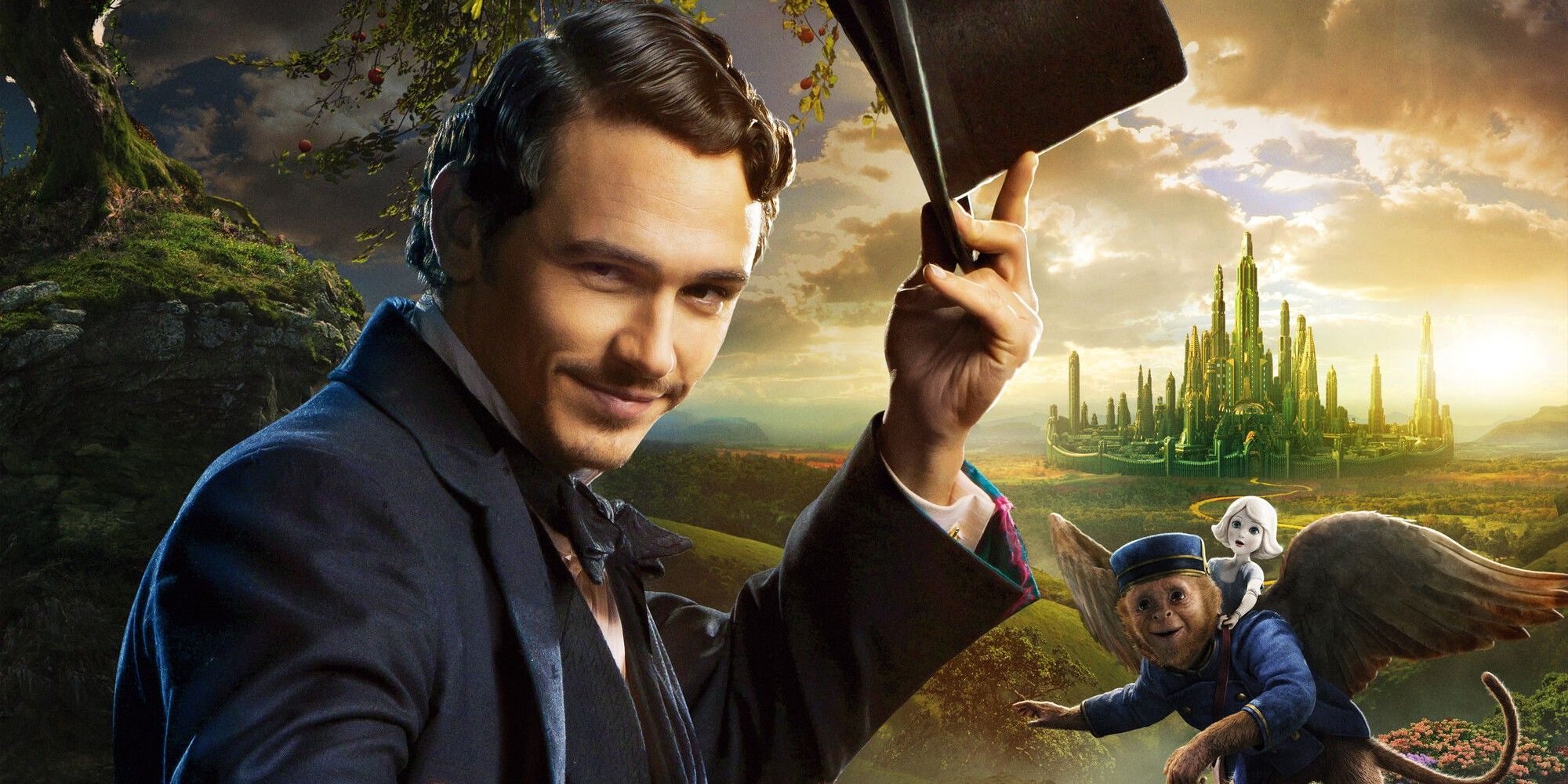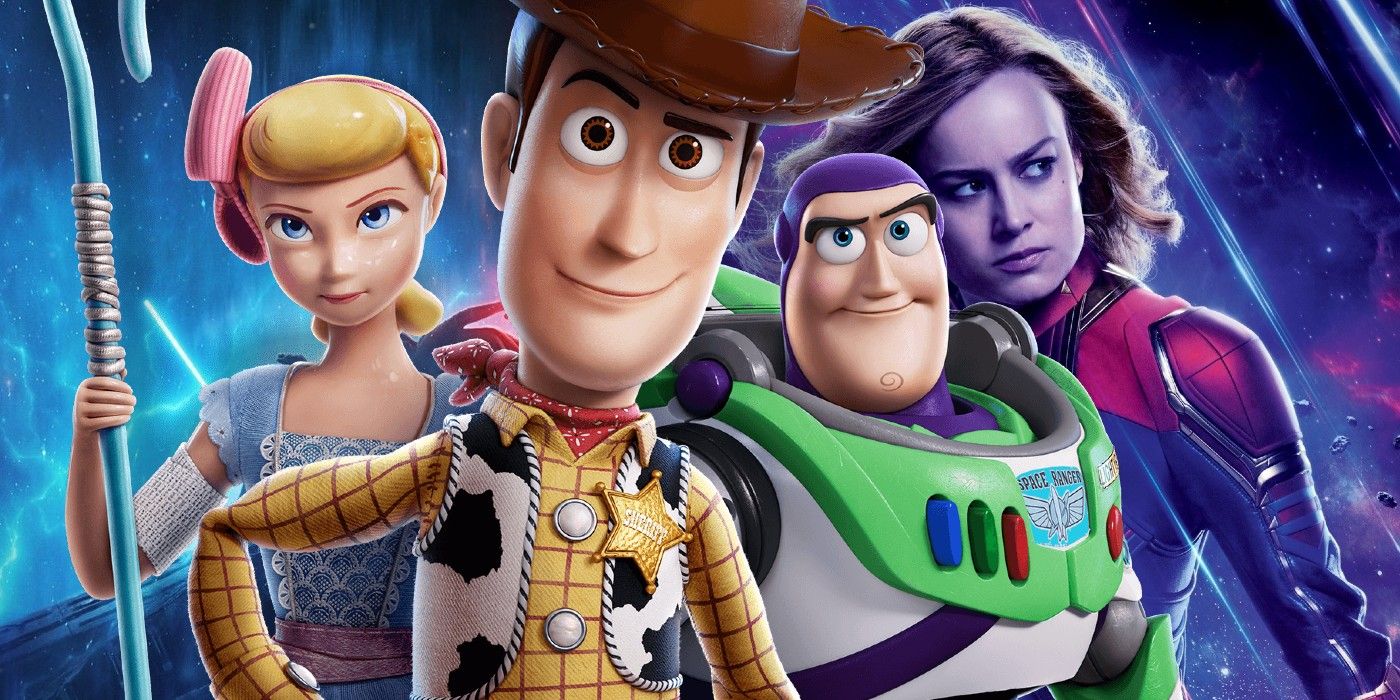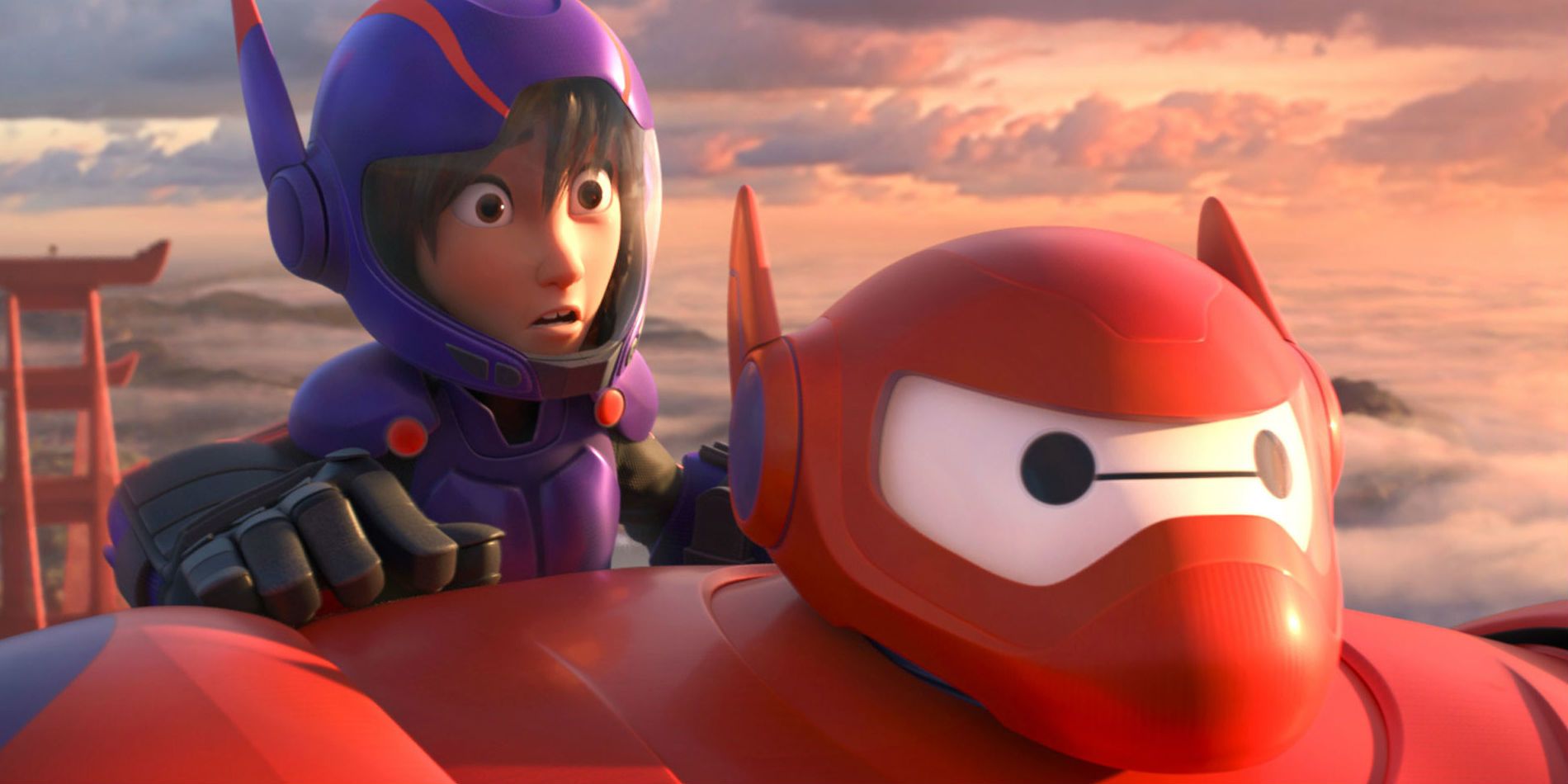Disney keeps trying and failing to launch a successful new movie franchise - why is that? Admittedly, it feels a little odd to talk about Disney failing right now. The studio has not only dominated the global box office in recent years thanks to the combined might of the MCU, Star Wars, and Disney and Pixar Animation, their streaming service Disney+ has succeeded beyond their expectations (with more than a little help from people who've signed up while stuck at home during the coronavirus lockdowns), and they're already taking advantage of the various Fox movie and TV assets (like The Simpsons) they acquired in 2019.
Yet, when you look at their home-grown tentpoles, the picture is very different. Disney struck gold when it adapted its beloved Pirates of the Caribbean theme park ride into a big-budget swashbuckler in 2003 and have since released an additional four sequels in the series (with a sixth installment - possibly a soft reboot - currently in early development). However, it's been seventeen years since the world met Captain Jack Sparrow, and the Mouse House has yet to launch another live-action property anywhere near as popular as the Pirates franchise. Heck, most of its attempts to do so since then have petered out after a single film.
The studio's Artemis Fowl movie is just the latest example of this. Director Kenneth Branagh's adaptation of Eoin Colfer's popular science-fantasy novels has earned terrible reviews since its premiere on Disney+ last week, and because it skipped both theaters and VOD, the studio has no hope of recuperating its pricey $125 million budget. Clearly, Disney knew they had a bomb on their hands, which explains why they delayed it ten months from its original release date in August 2019, then dumped it on their streaming service in the wake of the ongoing pandemic. But the bigger question is, why does this keep happening to them?
Disney Keeps Struggling To Start New Franchises
To answer that, you need to wind the clock back to 2010. The studio was already in the midst of its rapid expansion, having acquired both Pixar and Marvel in the previous five years under the supervision of then-CEO Bob Iger. At the same time, they were actively trying to kick-off a franchise of their own to match the success of Pirates. Their first attempt with TRON: Legacy was only somewhat successful; the "legacy sequel" covered its $170 million budget, but failed to scale the same heights The Curse of the Black Pearl had seven years earlier, either in terms of box office or its ability to generate hype for additional installments. When Disney purchased Lucasfilm two years later, it's little wonder they shuffled TRON 3 to the back-burner (before eventually cancelling it) in order to focus their attention on expanding the Star Wars universe instead.
Disney followed up TRON: Legacy with 2012's John Carter, an expensive adaptation of Edgar Rice Burroughs' Barsoom novels that was meant to give Disney its own Star Wars (before they bought Star Wars, that is), but bombed at the box office and resulted in a reported $200 million write-down, killing any hopes for a trilogy. A year later, they released another pair of potential franchise-starters in the forms of the prequel Oz the Great and Powerful and The Lone Ranger. The former was a modest commercial success (similar to TRON), though talk of a sequel quickly fizzled out, whereas the latter became another costly misfire to rival that of John Carter. Things haven't changed for Disney's live-action non-remakes/sequels since then, with the likes of Tomorrowland, A Wrinkle in Time, The Nutcracker and the Four Realms, and Artemis Fowl having all flopped to some degree. It just doesn't stand out as much, thanks to their success elsewhere.
Why Disney Keeps Getting Its New Franchises Wrong
It would be reductive to argue these movies were merely "bad" and that's why they bombed; clearly, the problem is broader than this. That isn't to say these films are without their one-off issues, either. For example, A Wrinkle in Time was always going to be a challenge to adapt (Disney had even tried once before with a 2003 TV movie), and while director Ava DuVernay made a lot of fascinating creative choices on the movie, arguably just as many of them didn't work as did. Oz the Great and Powerful, on the other hand, was just bland and flatly directed, which is all the stranger when you recall it was helmed by the (mad)man behind Evil Dead, Sam Raimi. Meanwhile, John Carter came across to many as a strained attempt to soften the edges of Burroughs' source material and turn his Barsoom stories into the Disney answer to Star Wars, Avatar, and all the superhero movies releasing at that time. Unsurprisingly, it was criticized for being derivative, which makes sense when you remember the original book series inspired so many of the blockbusters the film wanted to emulate (some of which, ironically, now belong to Disney anyway).
A lot of these flaws seem to stem from a shared need for these movies to fit the Disney brand, which limits their ability to incorporate different tones/styles and frequently results in films that are messy and flavorless. The Lone Ranger and Artemis Fowl are probably the clearest examples of this. The former plays out as a cross between Pirates of the Caribbean set in the Old West and a weird, deconstructionist take on the western genre in the same vein as director Gore Verbinski's Rango, but fails to satisfy as either of those things. Similarly, due to Disney's worries that its core audience wouldn't turn out for a movie about a boy supervillain, Artemis Fowl transforms its namesake into a more conventional hero, robbing him of any personality in the process. At the end of the day, not everything can or should be "Disney-fied", and even great filmmakers like DuVernay and Raimi can only do so much to try and get around this before the creative limitations imposed by the studio begins to impact their art negatively, as seen here.
Disney's Problems Go Deeper Than Its Failed New Franchises
There's also a sense that, because Disney is so focused on keeping its acquired brands going strong, it doesn't invest an equal amount in getting its home-grown franchise starters right. They've been able to get away with that so far since it's not really a big deal when, say, The Nutcracker and the Four Realms bombs in the same year the studio releases multiple billion-dollar grossing MCU movies. Marvel Studios isn't suddenly going to start failing either, though things are more in-flux with their other properties. Star Wars has no new movies scheduled to open until the end of 2022, and there's no guarantee the studio's plans to oscillate between releasing an Avatar sequel and Star Wars film every December (beginning next year) is going to pan out. As for Pixar, they're in an equally unpredictable spot; the studio is trying to move away from sequels for the time being, but their latest original film, Onward, struggled at the box office even before the coronavirus lockdowns, and it's unclear how the global health crisis will impact their next offering, Soul, despite the early positive buzz.
What Disney Needs To Do To Launch Successful New Franchises
Unless the Mouse House wants to release nothing but live-action remakes of its animated movies for the foreseeable future - and so long as they keep on making them billions of dollars (a la Aladdin, The Lion King), they probably wouldn't mind doing that, the middling reviews be damned - they need to change their approach to launching new movie franchises. For starters, they should stop adapting properties by either removing everything that made them unique (a la Artemis Fowl) or trying too hard to fit a square peg (like a Sam Raimi-helmed Oz movie) into the round hole that is the Disney brand. The could also stand to spend more time making certain there's an actual demand for the stories and IPs they're adapting; after all, it's difficult to imagine any scenario where The Lone Ranger would've performed anywhere near well enough for Disney to justify spending well over $200 million making a western in the era of superhero films.
Perhaps the studio could stand to take a leaf out of its animation department's book. Even as the live-action division has struggled, Disney Animation has enjoyed consistent success for the last decade; at the worst, their films earn relatively mixed reviews, but still gross a bundle (a la Frozen 2). They also seem to have their finger on the pulse of the zeitgeist and understand the kind of stories audiences are hungry for - ones that are inclusive racially, draw from different cultural influences, and are either based on relevant popular media (like comic books, a la Big Hero 6) or, dare it be said, are original variations on Disney's tried and true fairy tale formulas (Wreck-It Ralph, Moana). Just as importantly, their creatives appear to have a firmer grasp on which older works are a good fit for them, and when necessary take the time to figure out how to properly Disney-fy something (like what happened with Frozen). Until they start doing the same with their live-action franchise attempts, they're unlikely to stop misfiring anytime soon.

